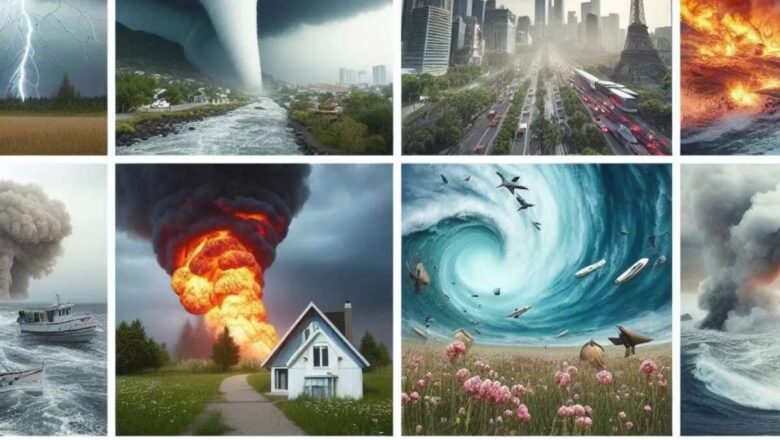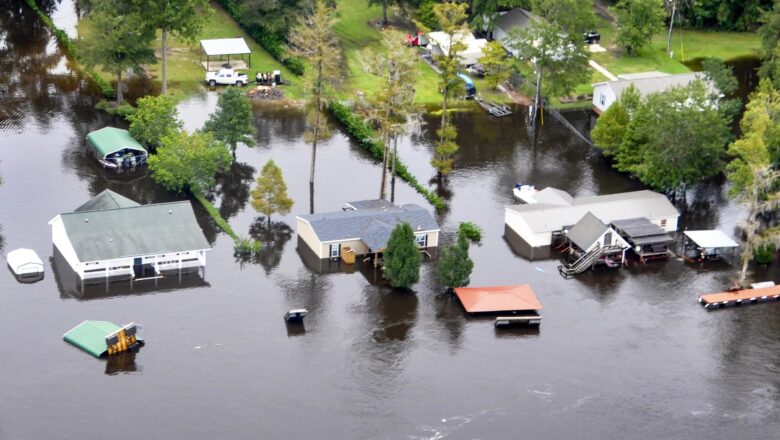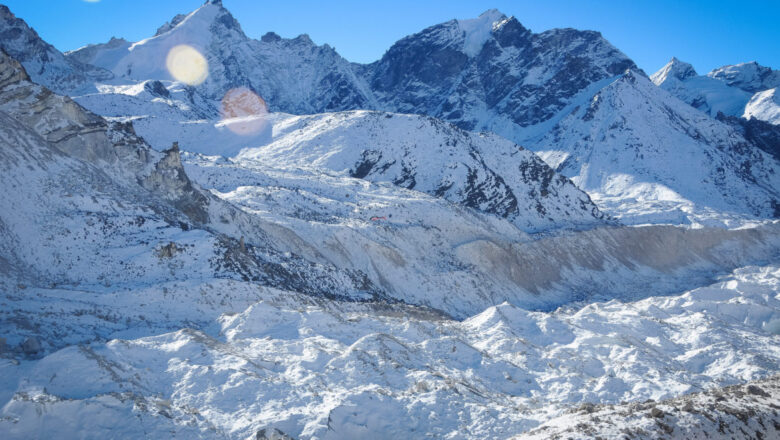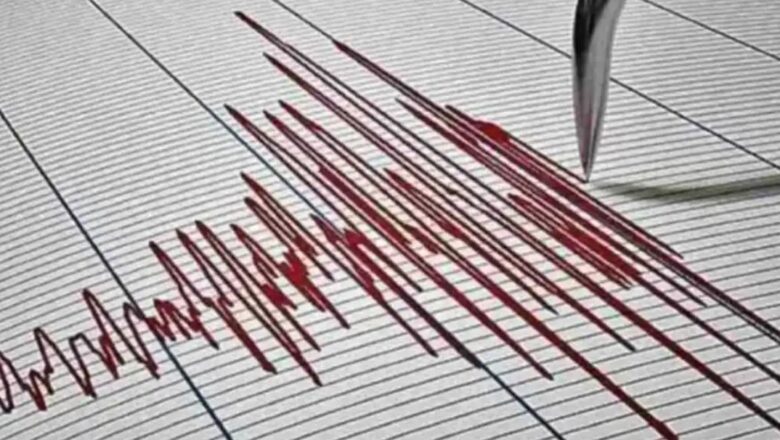
Bengaluru Student Study Shows Rejuvenating Lakes Can Solve Water Crisis
Once known as the ‘City of Lakes’, Bengaluru now faces severe water shortages with demand outstripping supply as rapid urbanisation takes its toll. However student-led research project under the Anveshana initiative suggests that restoring the city’s historical lake system could help achieve water self-reliance.
Historically Bengaluru’s lakes functioned as interconnected reservoirs storing rainwater and supporting agriculture drinking water needs, and groundwater recharge. They also helped control floods by gradually releasing excess rainfall.
However over the decades, urbanisation and groundwater extraction led to widespread lake neglect and encroachment, with many turning into sewage dumps. The city, now reliant on importing water from the Cauvery River, faces a growing demand-supp...









